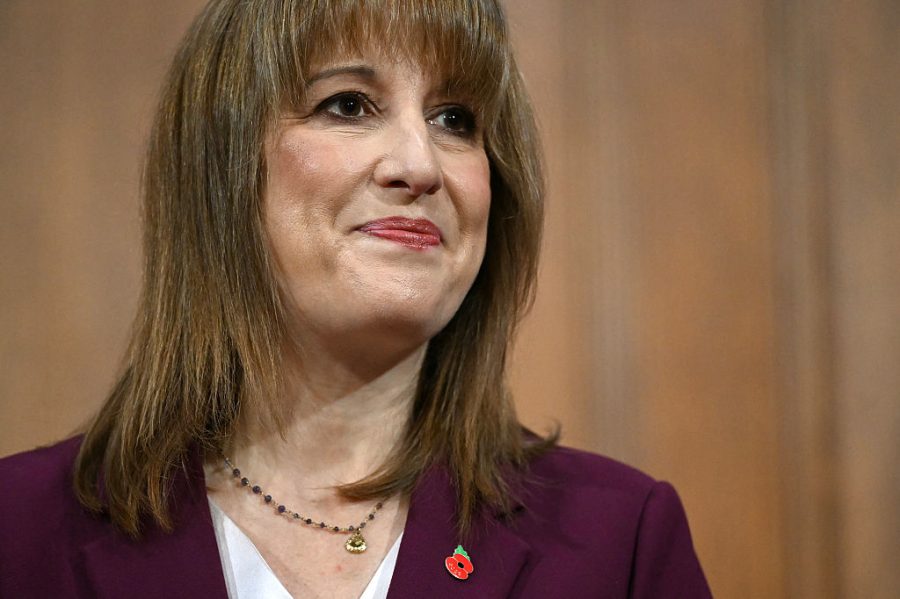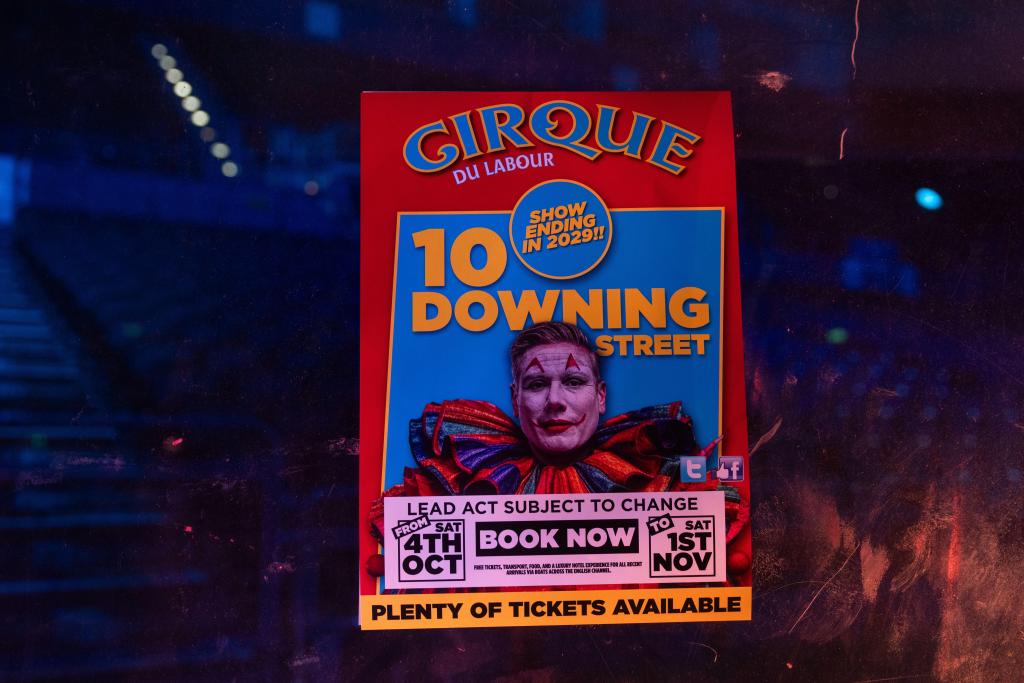It’s traditional to describe Budgets as a political gamble. Rachel Reeves is actually making two bets. First, that voters can be persuaded to see the big picture of the economy – and second, that Labour MPs can be persuaded to take the long view of this parliament. Both are long-odds flutters.
On the macro numbers, Britain is… fine. Not flourishing, but not failing. GDP is still inching forward – up 1.3 per cent on the year to the third quarter of this year – better than France (0.9 per cent) or Germany (0.3 per cent). Services output is growing modestly; productivity is edging upward; and household debt is at its lowest level since at least 2007. Retail sales are up 0.4 per cent on the year. The FTSE has been having a fine old time.
None of that means the economy is in rude health. But neither is it in the state of national emergency that both government critics and government defenders sometimes imply.
Survival requires Reeves to win and keep the faith of Labour MPs
But voters do not live in the macroeconomy. They live in the world of retail prices, wage slips and daily irritations – and in that world, things feel worse. Inflation may have come down from last year’s highs, but 3.6 per cent in October is still painful, particularly with food inflation at 4.9 per cent and services inflation at 4.5 per cent. To borrow from Frank Herbert, inflation is the mind-killer; inflation is the little-death that brings electoral obliteration.
Could there be light at the end of the inflation tunnel? Possibly. The Bank of England thinks inflation has peaked and expects it to fall to ‘close to 3 per cent’ in coming quarters, drifting toward the 2 per cent target by 2027. The Treasury’s regular survey shows City forecasters expecting inflation of 2.3 per cent by late 2026. These may just be the darkest hours before the dawn.
That is the hope that Reeves must cling to. She needs voters to look beyond the headlines and the prices on supermarket shelves, believe that things could soon get a bit better – and accept that, actually, things could be worse.
Here, it’s worth noting what Reeves has not done. Under huge fiscal pressure from the markets, and huge political pressure from her own MPs to shift left, she has been willing to break a manifesto promise on tax. But that was the promise not to raise income tax – the most politically painful choice available. She could more easily have broken Labour’s pledge not to raise corporation tax, and many in her party wish she had. The fact she didn’t speaks to her bedrock belief that the private sector is the key to growth.
I know that last sentence will surprise those who think Reeves disdains business – her decision to raise employers’ National Insurance contributions continues to cause pain and a rising minimum wage would both be high on the charge-sheet here. But there remains some sympathy for Reeves in UK business – especially the financial services sector – for resisting the temptation to make things even worse.
Will any of this work? It’s a very tough ask. Voters rarely see the economic wood for the trees of their own personal finances. The state of the public finances means there is little realistic prospect of Labour being able to conjure up some feel-good giveaways before the next election. So that election offer is likely to be: things are a bit better than they used to be – and they could be worse. Not something that sets pulses racing.
Will Reeves be in office to make that solid, sensible offer to voters at the election? Her political strategy – keep calm, take the long view, resist the temptations of gesture politics – requires time. Time that depends on the patience of Labour MPs already sweating about their seats.
They hear the siren song from the left: Andy Burnham, Angela Rayner, the Greens’ Zac Polanski, all urging her to borrow and tax the wealthy more, further and faster. They sing of a ‘progressive majority’ – a coalition of voters more imagined than real – waiting to reward a braver, bigger state.
Reeves does not believe in those fairytales. She is too rooted in economic institutions, orthodoxy, and – unfashionably – facts. Today she’ll pander to the party with some expensive promises on welfare and ‘mansions’ and some lefty language, but don’t believe for a moment that this Budget reveals her inner socialist.
For as long as she’s Chancellor, Reeves’s strategy will remain one that mainstream economists recognise as the sensible, least-bad option: fiscal consolidation, try to avoid doing really stupid stuff, respect the institutions and the markets and hope you’re creating the conditions for private investment and, eventually, growth. For as long as she’s there, ploughing her increasingly lonely furrow, the gilt market that haunts Treasury nightmares will – probably – continue to give Britain the benefit of the doubt.
Yet survival requires Reeves to win and keep the faith of Labour MPs. That’s hard enough at the best of times but her audience is skittish. They see subterranean poll numbers and expect their local councillors – the people they rely on for leafletting and canvassing – to be wiped out in May.
Reeves’ message to her MPs today is simple: bear with me. Things will get better. It’s more than three years until the election, so don’t panic. Will they buy it? She’s more popular among MPs than with voters or journalists, but even sympathetic colleagues say parliamentary patience is in short supply. ‘A lot of younger MPs just want to believe there’s an easy way out of this, so when Rachel announces more unpopular things, they might just say “No” again,’ says a veteran Labour MP.
Which leads to a grim Budget prediction I recently heard from a bond-trading friend: the smorgasbord of Budget measures Reeves unveils today will prove too hard for Labour MPs to swallow, forcing the Labour government back to the fiscal drawing board – and the income tax rises that were abandoned so awkwardly less than a fortnight ago. Reeves will have a tough day today, but things can always get worse.








Comments